This article was written and posted by Harold Carag (NaCl ’08) on his Facebook page. With his permission, we are posting it here as part of the #Pride Month celebration.
Harold is currently a Commercial Production Team Lead at SUMIFRU (Philippines) Corporation based in Davao City, Philippines

Harold Carag
“When I was in the third grade I thought that I was gay
‘Cause I could draw, my uncle was, and I kept my room straight
I told my mom tears rushing down my face
She’s like “Ben you’ve loved girls since before pre-k tripping, ”
Yeah, I guess she had a point, didn’t she?
Bunch of stereotypes all in my head.”
Sharing my #PRIDE story.
I deeply resonate with Macklemore’s SAME LOVE which melodies grew deep within me since college. It gave me hope that someday, maybe the world will see us the same way we see them. When I was younger, I knew I was different. I am not that typical masculine kid who plays with my fellow boy peers. I would rather be with the company of my elder sister and her friends. I felt more connected with their “girly” activities than the more physical games. Growing up, I would indulge myself reading textbooks than minding the pets of my late Papang. My younger brother, the one he favored more, tends to his chickens for cockfighting.
In our barrio, where everyone would somehow be related to each other and, of course, know each other’s whereabouts, I would be dubbed as “Kenneth”. I remember older masculine neighbors calling me by that name when I pass by. This stereotype had a huge impact in me as I navigate my journey. It was imbued in me that being gay is somehow, not that good and often a subject of ridicule. Being gay means not having a family that will take care of you when you grow old. Being gay means being promiscuous. Being gay means having the ticket to tarnish one’s family’s reputation. Because of all these thoughts, I tried to be a “man”. I tried to be straight because in this society, being bent is an imperfection. I remember a conversation I had with my Lola Maring who mentioned that her son was “silahis” in his childhood but later on changed and had a family. They were hopeful that when I grow up, I’ll be cured of this imperfection and be someone who’ll be accepted by the society.
During family gatherings, particularly in my father side, I would be called by my drunk father and his siblings to say with conviction that “LALAKI AKO.” I would shout it many times to satisfy their ego that their son/ nephew is not gay. My cousin, Billy Ray would share the same feeling. My cousins would laugh with me after and just treat as one of those “lasing” moments of our fathers. From then on, I knew I had to change to be accepted not only by the society, but also by my own family.
“But I cannot change, even if I try, even if I wanted to.” says Mary Lambert in this same song. Fast forward to high school, I knew that my attraction to the same sex will stay. It was a decision that I kept to myself. When I was in college, people would casually ask “Bakla ka ba?” or directly judge that I am one. I remember having a grudge on one of my close friends because of her tactlessness. I even changed my mind in joining an organization in my sophomore year because I was offended to be called as “bakla”. I believe it was the result of years imbuing in my mind that being one is not acceptable. It is also in UP where my eyes were opened to the beautiful reality that everyone has the right to love and be loved. Those experiences prepared my heart in the grim state of the equality movement.
It’s about time that we accept and love our unique beings amid the stereotypes in our society. Being gay is good. Being gay is having an open community that will take care of you. If we build more inclusive societies where we treat everyone, regardless of gender, color, or race, as equal, then we will feel that family is in everyone’s company. Being gay is not being promiscuous. Typically, gays are loud and proud. As ecstatic beings, we also know how to value respect, especially the rights of heteros. Lastly, being gay is not a disgrace to one’s family. We are all children of God, in His grace, we thrive. In order to thrive, acceptance, not tolerance is the key. #SOGIEEqualityNow #SOGIEEqualityBill
Last Updated on June 30, 2024 by Tudla_Admin


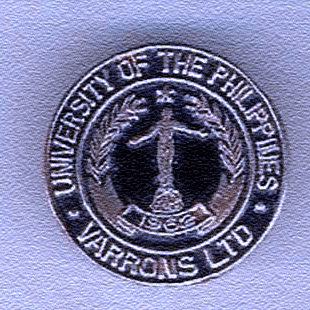


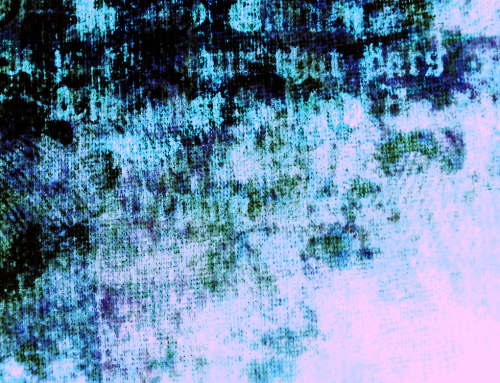

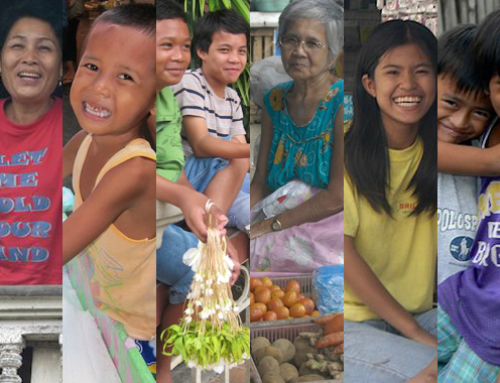
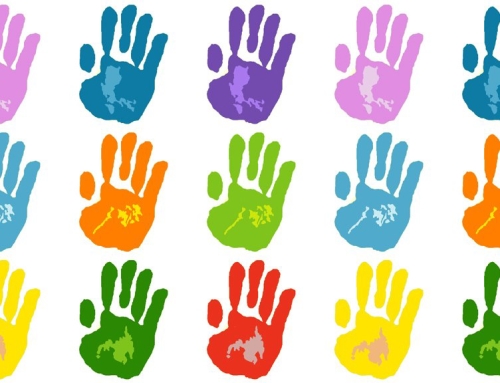
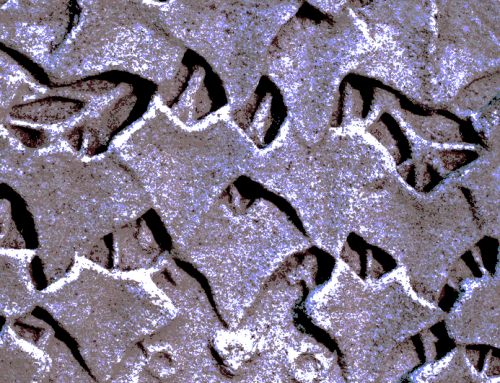
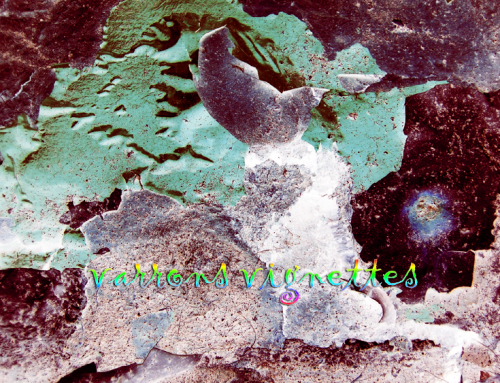
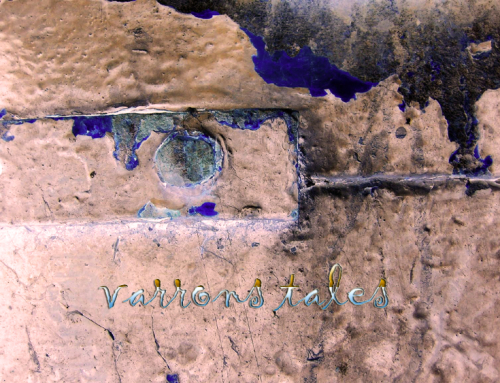
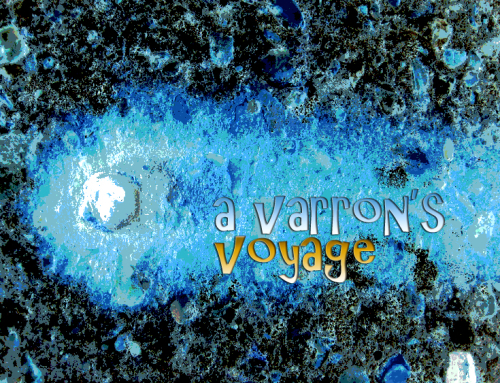
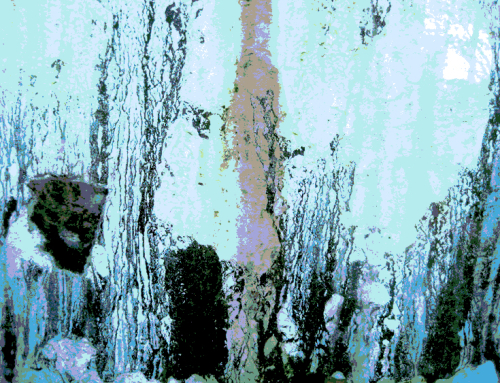
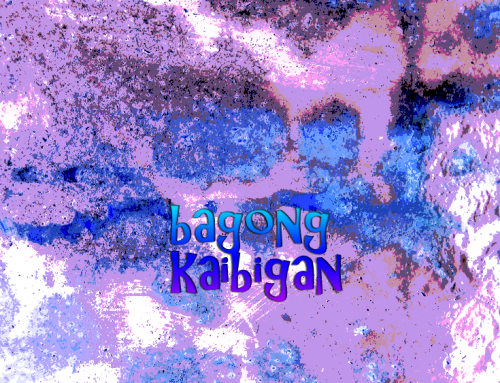
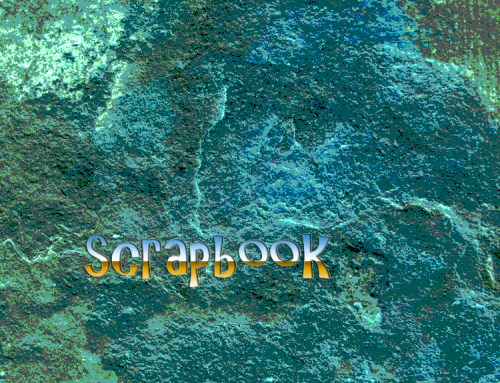
Leave A Comment